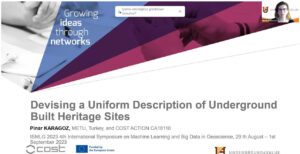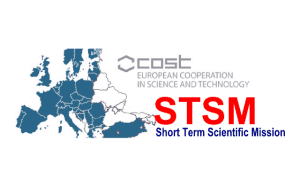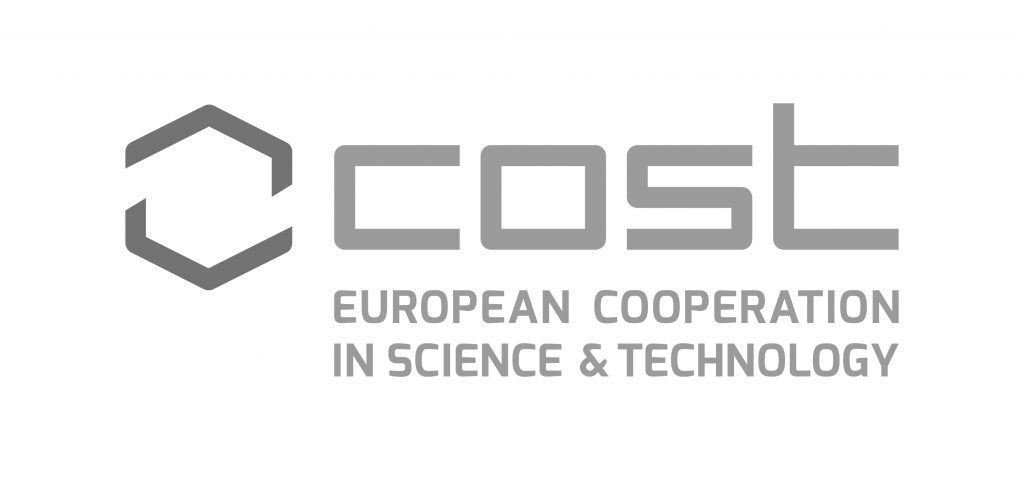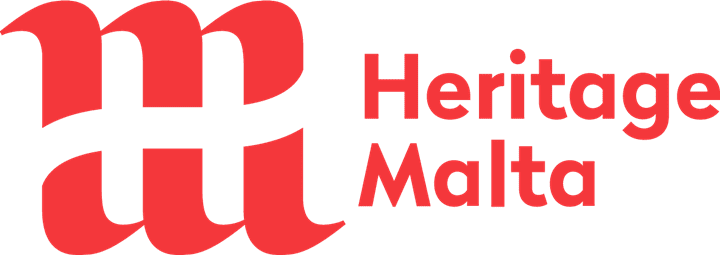
Ayia Napa, Cyprus. 14-18 February 2022
Final Programme
CA18110 Ayia Napa training school_final_ programme
The COST Action CA18110 – Underground Built Heritage as catalyser for Community Valorisation is issuing a Call for Applications for its third Training School, managed by the Cyprus Institute, which will be held in Ayia Napa from February 14 to 18, 2022, hosted by the Cyprus Institute. The aim of the school is training new skills for planners, decision-makers, promoters, and local development facilitators. The training school will deal with innovative approaches to surveys, analyses, monitoring and testing Underground Built Heritage (UBH), foster the uptake of new tools for empowering local communities, as well as for supporting planners and
decision-makers. The training integrates multi-disciplinary knowledge about the underground heritage in a framework based on Strategic Transition Practice (STP), boosting new job profiles on cultural planning, strategic spatial planning, transition planning and management. These new job profiles will guarantee interaction with local communities, dissemination of innovative thinking, and methodologies for supporting the exploration of alternative social trajectories in an adaptive, forward-looking manner.
1. TOPICS
Organised in lectures and tutored research teamwork modules, the school focuses on four topics:
− Practices for local community empowerment in Underground Built Heritage (UBH)
valorisation: organisational, digital, and communication tools
− Investigating, studying, and outlining UBH: from Textual Data Analysis to 3D
Surveying and socio-cultural mapping
− UBH as ecological landscape
− Planning and monitoring UBH
2. PARTICIPANTS
The training school is addressed to planners, local community facilitators, promoters, and decision- makers, working on issues related to underground built heritage and community engagement for its conservation, monitoring and valorisation.
3. CONTENTS
The school is based on scientific approaches (regional sciences, urban geography, computer sciences, and economic policy), with the input of disciplines in the humanities, for taking into account cultural issues, as well as strategies and tools for urban/rural regeneration policies, sustainable tourism, community empowerment, and UBH conservation. Lectures and results of the school will contribute to produce a training toolkit for decision-makers, practitioners, stakeholders and local communities and will integrate a procedure for testing and validating the new training and learning methods. In particular, the training will expand the Historic Urban
Landscape (HUL) framework by developing new specific modules about UBH and introducing Strategic Transition Practice (STP). It will provide the participants with tools for stimulating, developing and supporting real-life experiments (Living Labs) in a practice- oriented modulation, aimed at shaping processes of strategic dialogue, co-evolution and co-creation.
Trainers and trainees will work together on specific topics related to the Ayia Napa Monastery case study, by exploring and preparing discussion arguments. The participants will visit the case-study site, interact with local stakeholders, and the last day they will present their ideas in a plenary meeting with the stakeholders. In particular, by applying the STP approach, trainees will interactively learn and experiment how to facilitate communities’ dialogue, and develop new social, economic and cultural behaviours from the opportunities offered by the UBH reuse also in terms of new lifestyles.






